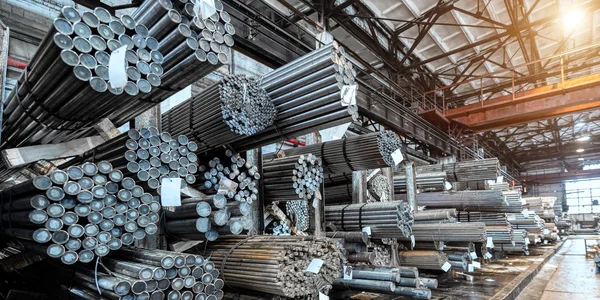Islamabad — Pakistan’s National Tariff Commission (NTC) has called for zero import duty on basic iron and steel raw materials to reduce costs and ensure an uninterrupted supply for domestic industries.
In its report to the Economic Coordination Committee (ECC), the NTC proposed keeping finished product tariffs — including on re-bars, wire rods, and alloy bars — between 11% and 20%, while phasing down regulatory duties to 10% within three years. The 2–6% additional customs duty should be eliminated, the commission added.
It warned that high tariff protection for billets and bars, along with high energy and financial costs and the economic slowdown, had inflated steel prices, slowing growth in construction, manufacturing, and infrastructure. The proposed zero duty would apply to iron ore, scrap, direct reduced iron, and heavy melting scrap, with similar rates for re-rollable scrap and billets.
For flat steel products — cold-rolled coils, galvanised sheets, and colour-coated sheets — where tariffs are already lower, no change was advised. Hot-rolled coils not made locally should also be duty-free to support downstream industries.
The Commerce Ministry said the report was prepared after the ECC’s January 2025 decision to review the steel sector’s competitiveness and the impact of regulatory duties. Findings show that despite an installed long steel capacity rising to 8 million metric tons in FY25, production has been inconsistent, dropping to 3.5 million tons in FY24 before recovering to 5.4 million in FY25.
While high protection rates for billets and bars safeguard domestic producers, they also risk pricing Pakistani steel out of export markets. The report stressed that balanced tariffs and cost-efficiency measures are needed to keep the sector competitive. It also pointed to export potential in flat steel products, which earned $363 million in foreign sales to markets including the US and Canada.
The ECC took note of the proposals under the National Tariff Policy 2025-30 framework.



